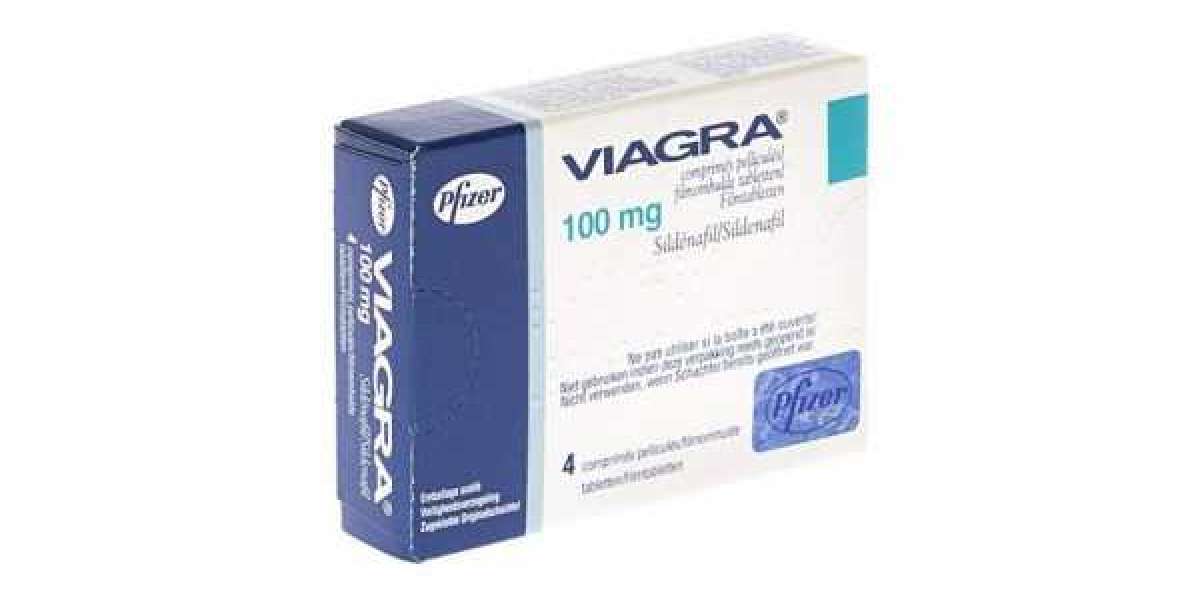Novartis rare disease drug sees approval chances rise after trial completes
Novartis’ PI3K-delta inhibitor CDZ173 (leniolisib) had its LoA increase by five points to 20% on the heels of its Phase II/III trial, which has completed. The trial is recruiting patients with PASLI disease (p110d-activating mutation causing senescent T cells, lymphadenopathy, and immunodeficiency), also known as activated phosphoinositide 3-kinase delta syndrome (APDS).To get more novartis updates, you can visit shine news official website.
The LoA appraisal occurred on 21 September, after the Phase II/III trial’s ClinicalTrials.gov listing was updated on 17 September to show its actual completion was on 16 August. The Phase II/III trial had two parts: the first is an open-label, within-patient up-titration study, and the second is a blinded, placebo-controlled fixed-dose study. Part I has coprimary endpoints collecting safety and pharmacokinetic data, while Part II had efficacy-relevant endpoints.
High expression of PI3K-delta in leukocytes, as well as its pivotal role in B and T cells, is assumed that PI3K-delta selective inhibition would be valuable in allergic and inflammatory disease. PASLI disease is recognised by recurrent sinopulmonary infections that can pave the way to airway damage.Kalyra Pharmaceuticals’ KP-1199 for chronic pain saw its PTSR nosedive 36 points to 31% after its Phase I trial was terminated. The PTSR change occurred on 21 September after ClinicalTrials.gov listed the trial as “terminated early by sponsor” on 9 September.
The San Diego, California-based Kalyra had planned to enroll 97 healthy subjects in a Phase I single and multiple ascending dose study. The trial was designed to enrol participants into three groups where they would receive KP-1199, placebo or the active comparator oxycodone. The study enrolled only 26 subjects before it was terminated. KP-1199 is a small molecule acetaminophen analog that can help alleviate chronic pain.
The trial termination also resulted in a four-point drop to the drug’s Likelihood of Approval (LoA), which fell to 3%.CCH Pharmaceuticals’ intranasal ketamine for acute cluster headaches saw its PTSR sink 30 points to 14% after its Phase I/II trial missed its primary efficacy endpoint. The PTSR change occurred on 17 September after the Phase I/II trial’s abstract was presented at this year’s International Headache Conference (9 September).
The proof-of-concept trial enrolled 23 patients, with a primary endpoint of 50% pain intensity reduction within 15 minutes of initiating treatment. While the study did not meet its primary endpoint, pain intensity was reduced by 59% from 7.25 to 2.94 along an 11-point rating scale at 30 minutes (p=0.0002). There were no serious adverse events reported.
Ketamine can reduce pain by targeting the N-methyl-D-aspartate (NMDA) receptor; it is known to hold abuse potential. Phase I/II results also lead to a nine-point drop to the drug’s Likelihood of Approval (LoA), which fell to 5%. CHH is based in Copenhagen, Denmark.













